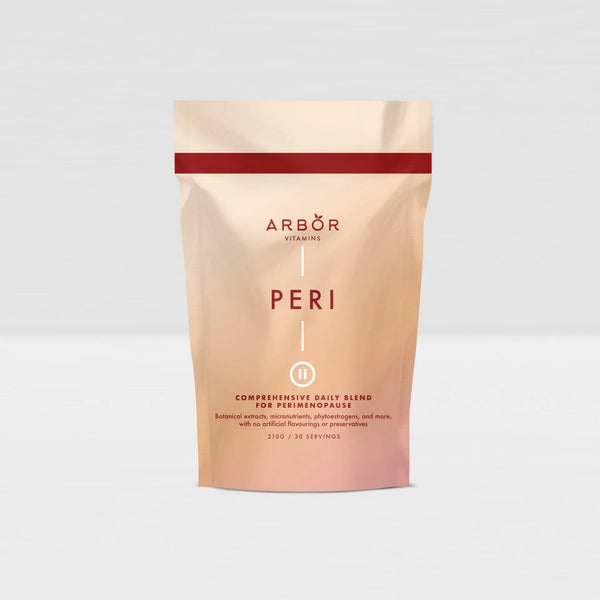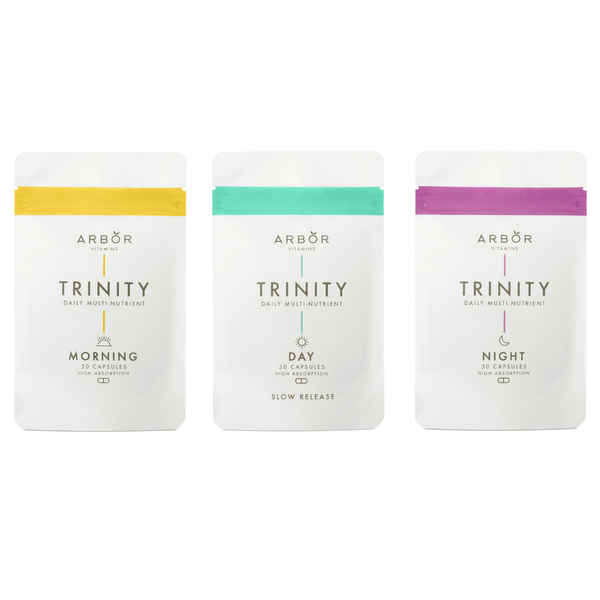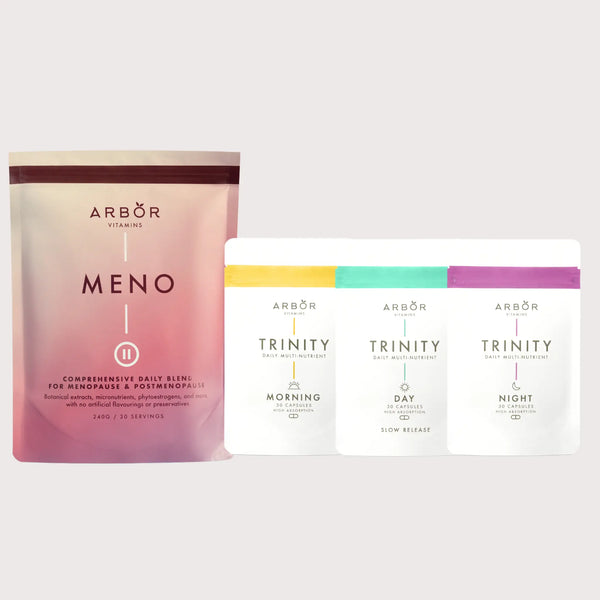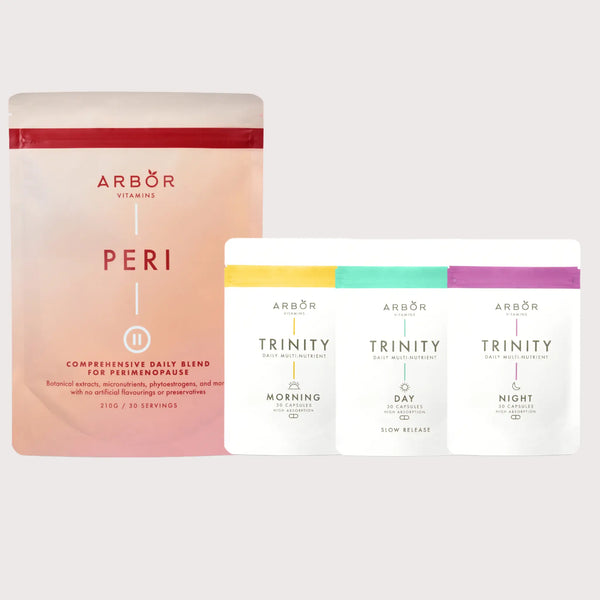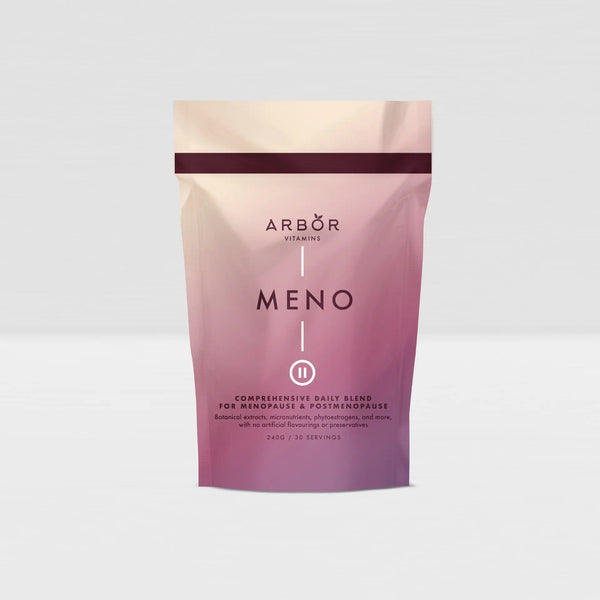Healthiest Milks and their benefit
Healthiest Milks and their benefit: Milk has long been a staple in diets worldwide, synonymous with strength and nourishment. However, in recent years, a variety of milk options have emerged, from plant-based alternatives to fortified choices. With so many options available, it’s important to understand the nutritional value and potential concerns associated with each type of milk. In this post, we’ll explore the benefits and drawbacks of different milk varieties, from traditional dairy to plant-based alternatives, so you can make an informed choice that aligns with your dietary needs and health goals.
1. Cow's Milk: Traditional and Ubiquitous

Benefits:
Cow's milk is a nutritional powerhouse, offering a rich source of calcium, vitamin D, protein, and B vitamins. Whether you opt for whole, skim, or semi-skimmed milk, it provides essential nutrients that support bone health and muscle growth.
Concerns:
While cow’s milk is a staple for many, it can pose challenges for those with lactose intolerance or a cow’s milk protein allergy. Additionally, the high saturated fat content in whole milk raises concerns for cardiovascular health in some individuals.
For those who consume dairy and are looking to complement their nutrition, consider our TRINITY Multi-Nutrient Formula. It's designed to support overall health with time-optimised delivery of essential vitamins and minerals.
2. Goat's Milk: Less Common but Nutrient-Packed

Benefits:
Goat’s milk is often easier to digest than cow’s milk due to its unique protein structure. It’s also rich in beneficial fatty acids and slightly higher in certain minerals, including calcium, phosphorus, and potassium.
Concerns:
Although it’s easier to digest, goat’s milk still contains lactose, so it’s not suitable for individuals with lactose intolerance. Additionally, those with a cow’s milk allergy may also have a sensitivity to goat’s milk.
3. Almond Milk: A Popular Plant-Based Alternative

Benefits:
Almond milk is naturally lactose-free and low in calories, making it an excellent choice for those on calorie-conscious diets. It is often fortified with vitamins and minerals, such as calcium and vitamin D, to enhance its nutritional profile.
Concerns:
While almond milk is an excellent alternative for those avoiding dairy, it’s lower in protein compared to cow’s milk, making it less beneficial for those looking for a high-protein milk source. Homemade almond milk may also lack fortification, so it’s important to check labels when buying.
If you're exploring plant-based milk options, our MYCO Morning Blend offers a blend of functional mushrooms to support energy and focus, aligning well with a plant-based lifestyle.
4. Soy Milk: Long-Standing Dairy-Free Choice

Benefits:
Soy milk is one of the most popular plant-based milks due to its protein content, which is comparable to cow’s milk. It’s also rich in isoflavones, which are plant compounds that have potential health benefits, such as supporting heart health.
Concerns:
Soy milk contains phytates, which can bind minerals and reduce their absorption. Additionally, there has been some debate about the potential estrogen-like effects of isoflavones, though most scientific research suggests these concerns are overstated.
5. Oat Milk: The Emerging Favorite

Benefits:
Oat milk has gained popularity thanks to its creamy texture and naturally sweet flavor. It’s also a great source of beta-glucans, which are soluble fibers known to help lower cholesterol levels.
Concerns:
While oat milk is a healthy alternative, it typically contains less protein than dairy milk, and many commercial versions can be high in added sugars. Opting for unsweetened varieties can help mitigate this issue.
6. Rice Milk: The Allergen-Friendly Option

Benefits:
Rice milk is naturally free from lactose, nuts, and soy, making it an ideal option for individuals with multiple allergies. It’s also typically fortified with essential vitamins and minerals to improve its nutritional value.
Concerns:
Rice milk is lower in protein and can be high in carbohydrates. Additionally, concerns have been raised about arsenic content in rice, so it’s important to choose rice milk brands that are tested for safety.
7. Coconut Milk: A Tropical Dairy Alternative

Benefits:
Coconut milk is a tropical favorite that’s rich in medium-chain triglycerides (MCTs), a type of fat that can be quickly converted into energy. It’s a great option for those following a low-carb or ketogenic diet.
Concerns:
Coconut milk is low in protein and is high in saturated fats, so it may not be the best choice for individuals with certain dietary restrictions, particularly those looking to boost protein intake.
8. Hemp Milk: Alternative with Omega-3s

Benefits:
Hemp milk is an excellent source of omega-3 fatty acids, which are essential for heart health and overall well-being. It is often fortified with vitamins and minerals, making it a nutritious alternative to dairy milk.
Concerns:
Hemp milk may have a distinct beany or grassy taste, which some people may not enjoy. Additionally, it tends to be lower in protein compared to cow’s milk.
Choosing the Right Milk for Your Health Needs
With so many options available, choosing the right milk today isn’t just about whole or skim—it’s about finding the one that best aligns with your health, dietary needs, and personal preferences. While cow’s milk remains a nutritious option for many, plant-based alternatives such as almond, soy, oat, and hemp milk provide valuable choices for those with lactose intolerance, dietary restrictions, or ethical preferences.
When selecting a milk alternative, be sure to check the labels for added sugars and fortification, as not all plant-based milks are created equal. And remember, personal consultation with a dietitian can help you determine which milk is right for you.
Conclusion
Whether you’re looking to boost your calcium intake, reduce cholesterol, or find a lactose-free option, there’s a milk type to suit your needs. As the milk market continues to grow, understanding the benefits and drawbacks of each option can help you make the best choice for your health.
Choosing the right milk alternative is just one aspect of a holistic health approach. Complement your dietary choices with our range of science-driven supplements to support your overall wellness journey.
References:
-
National Dairy Council. "Nutrients in Milk".
-
Heart.org. "Saturated Fats".
-
Haenlein GFW. Goat milk in human nutrition. Small Ruminant Research. 2004;51:155-163.
-
Singhal S et al. Fortification of foods with vitamin D in India. Nutrients. 2017;9(4):330.
-
Messina M. Soy and Health Update: Evaluation of the Clinical and Epidemiologic Literature. Nutrients. 2016;8(12):754.
-
Whitehead A et al. Cholesterol-lowering effects of oat β-glucan. Nutr Rev. 2016;74(6):344-352.
-
Meharg AA et al. Inorganic arsenic levels in rice milk exceed EU and US drinking water standards. J Environ Monit. 2008;10(4):428-431.
-
Babayan VK. Medium chain triglycerides and structured lipids. Lipids. 1987;22(6):417-420.
-
House JD et al. Evaluating the quality of protein from hemp seed (Cannabis sativa L.) products through the use of the protein digestibility-corrected amino acid score method. J Agric Food Chem. 2010;58(22):11801-11807.


